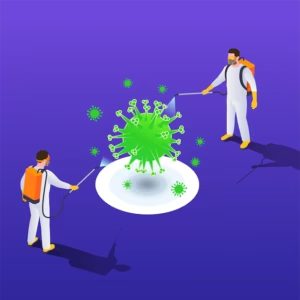“Early Detection and Proper Care: Protect Your Child’s Smile from Pyorrhea”
Pyorrhea, or periodontal disease, is a serious gum infection that can affect children if not treated early. It starts with mild gum inflammation, known as gingivitis, and can progress to more severe stages, potentially leading to tooth loss. Understanding the signs and treatment of pyorrhea in children is essential for maintaining good oral health.
Recognizing the Signs of Pyorrhea in Children
The early signs of pyorrhea in children often include red, swollen, and bleeding gums, especially during brushing or flossing. Bad breath, or halitosis, is another common symptom. As the disease progresses, gums may recede, exposing more of the tooth and even causing teeth to become loose. Pain while chewing and increased sensitivity indicate something may be wrong.
Parents should watch for any changes in their child’s oral hygiene habits, such as reluctance to brush due to discomfort. These signs warrant a visit to the dentist for a comprehensive evaluation.
Effective Treatment for Pyorrhea in Children
Treating pyorrhea in children typically starts with professional dental cleaning to remove plaque and tartar buildup. In cases of mild gingivitis, improved oral hygiene, including regular brushing and flossing, can help reverse the condition. For more advanced stages, scaling and root planing may be necessary to clean deep pockets around the teeth and prevent further infection.
Dentists may also prescribe antibiotics or antimicrobial mouthwashes to combat the infection. In severe cases, surgical intervention might be required to restore gum health and prevent tooth loss.
By recognizing the signs and seeking timely treatment, parents can help prevent the long-term effects of pyorrhea in children. Maintaining regular dental check-ups and encouraging good oral hygiene practices are crucial in keeping pyorrhea at bay.
NOTE: – IT IS ALWAYS RECOMMENDED TO CONSULT YOUR HEALTH CARE PROFESSIONAL. ALL DATA SHARED HERE ARE FOR EDUCATIONAL PURPOSES ONLY.









